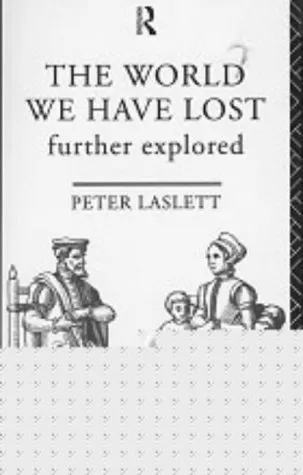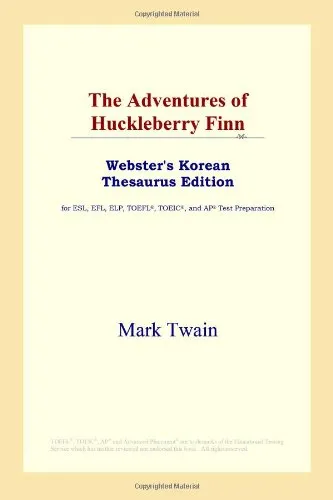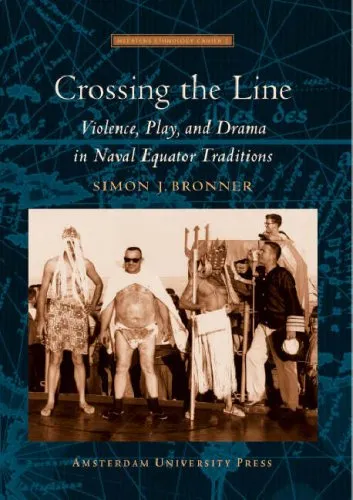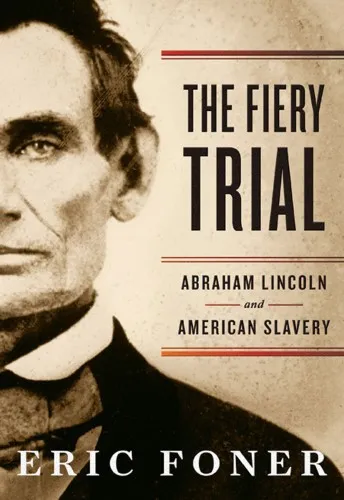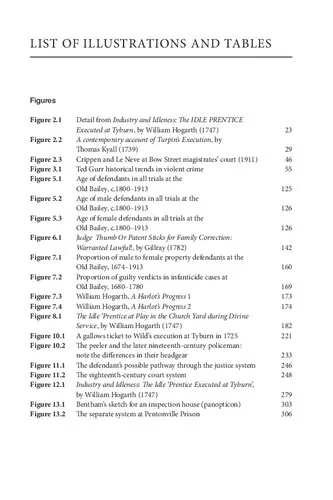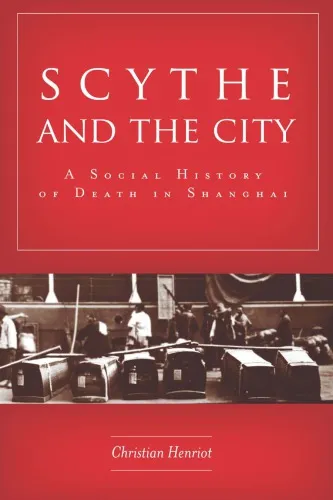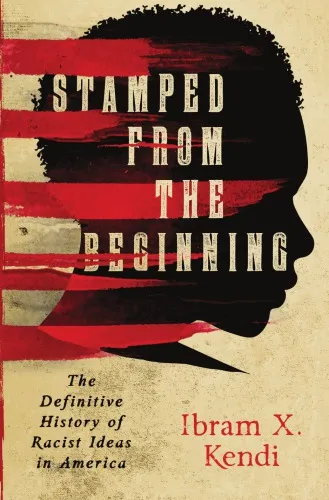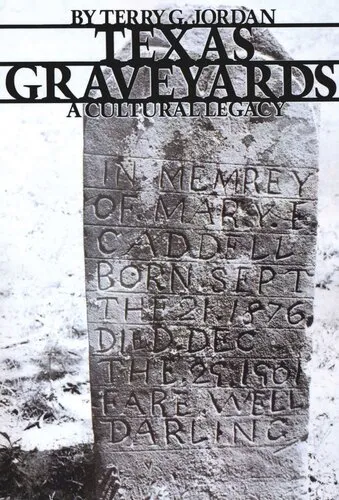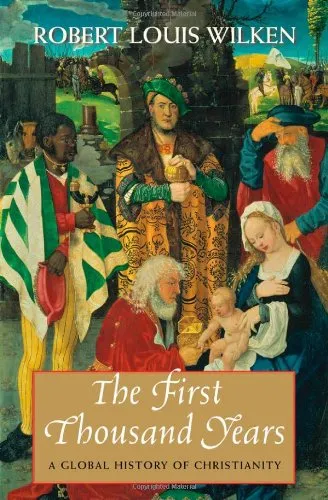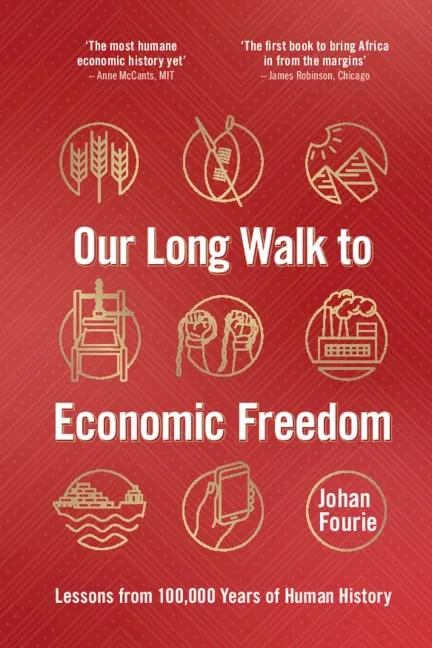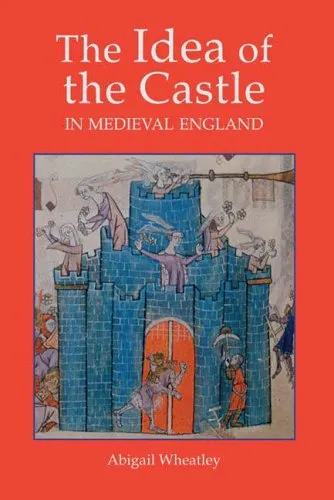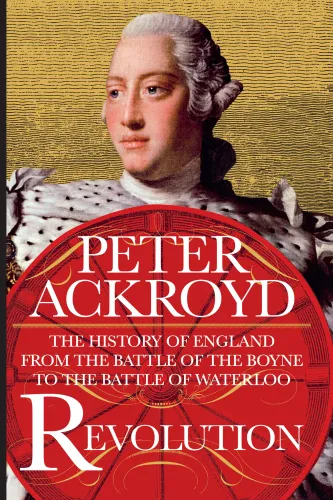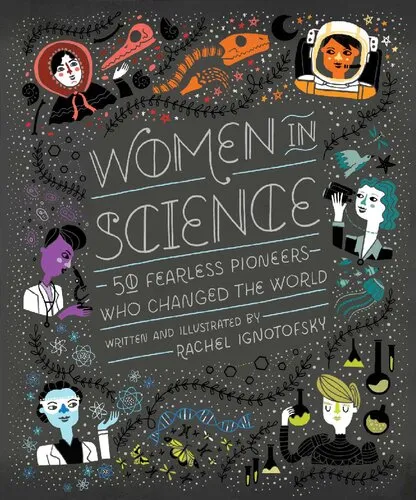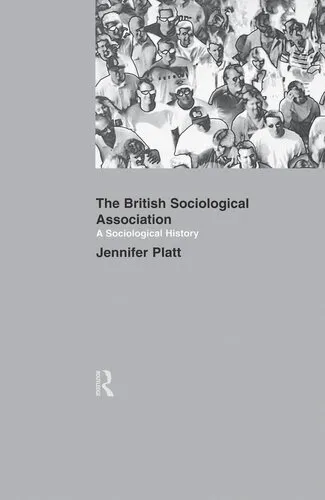The World We Have Lost: Further Explored
4.5
Reviews from our users

You Can Ask your questions from this book's AI after Login
Each download or ask from book AI costs 2 points. To earn more free points, please visit the Points Guide Page and complete some valuable actions.Related Refrences:
"The World We Have Lost: Further Explored" delves into the intricacies of pre-industrial England, offering a comprehensive examination of its social fabric and the transformations that have ensued since. Written by Peter Laslett, this seminal work serves as a critical reflection on the societal developments over the centuries, helping readers understand the profound shifts in human living conditions and communal structures. This introduction is designed to provide an overview of the book's themes, insights, and the lasting significance of its contributions.
Detailed Summary of the Book
In "The World We Have Lost: Further Explored," Peter Laslett paints a vivid picture of life in England before the Industrial Revolution, focusing on the everyday realities of people in villages and towns, their family dynamics, work, and social interactions. Laslett meticulously reconstructs historical details, drawing from a wealth of sources such as parish registers, household records, and personal letters.
The book explores themes like the nature of pre-industrial family life, examining the roles and responsibilities of different family members and the changes brought about by economic and social pressures. Laslett challenges the notion that modernity brought about family fragmentation, suggesting instead that changes were an extension of existing trends. Through careful analysis, he dispels myths about the supposedly larger family sizes of the past and presents a nuanced picture of household composition.
Laslett’s work also scrutinizes social hierarchy and class structures, offering insights into how status and rank influenced life chances in the past. He highlights the continuity between the past and present, allowing readers to grasp an evolutionary perspective on social change. The book emphasizes the importance of understanding historical context to fully appreciate the dynamics of contemporary society.
Key Takeaways
- A deep dive into the pre-industrial family structure reveals that household sizes and compositions vary more than commonly believed.
- The transition from agrarian to industrial societies did not wholesale replace communal bonds but transformed them in nuanced ways.
- Understanding historical social structures provides meaningful insights into modern social dynamics.
- Laslett challenges previously held assumptions about the pre-modern way of life, providing a corrected lens through which to view historical change.
- The book underscores the importance of demographic studies in understanding societal transformations over time.
Famous Quotes from the Book
"The family is both the starting point of our history and our destiny."
"The world we think we have lost may not have been as different as we imagine; it was simply another step in the ongoing journey of human society."
Why This Book Matters
"The World We Have Lost: Further Explored" is a pivotal work that reshapes our understanding of history by examining the structures and lives of those in pre-industrial England. Laslett’s exploration is not just about looking back but serves as a commentary on how these historical dynamics continue to influence modern society. Academics, students, and anyone interested in the foundations of modern social structures will find this book invaluable. It invites readers to reflect on the evolution of communal life and emphasizes the relevance of historical insights in contemporary discussions about family, society, and change.
Moreover, the book's meticulous research and thoughtful analysis stand as a testament to the importance of interdisciplinary approaches in historical inquiry. By bridging sociology, history, and demography, Laslett provides a multifaceted view of the past, encouraging a more comprehensive understanding of our collective history and its prevailing legacies.
Free Direct Download
You Can Download this book after Login
Accessing books through legal platforms and public libraries not only supports the rights of authors and publishers but also contributes to the sustainability of reading culture. Before downloading, please take a moment to consider these options.
Find this book on other platforms:
WorldCat helps you find books in libraries worldwide.
See ratings, reviews, and discussions on Goodreads.
Find and buy rare or used books on AbeBooks.
1386
بازدید4.5
امتیاز0
نظر98%
رضایتReviews:
4.5
Based on 0 users review
Questions & Answers
Ask questions about this book or help others by answering
No questions yet. Be the first to ask!
